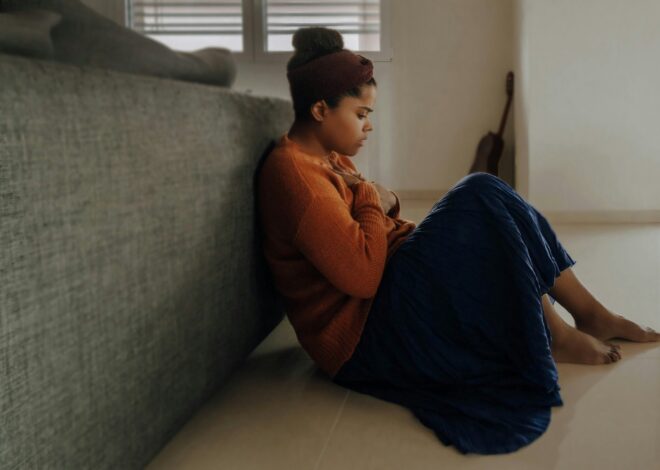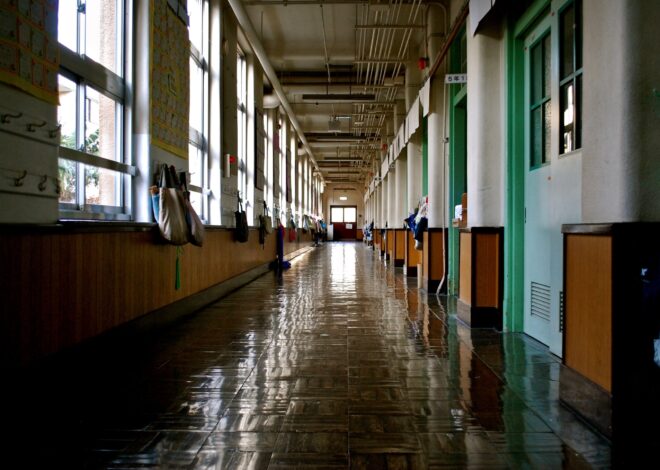
Cataract surgery on both eyes can be carried out safely and effectively in one go, studies indicate

The results of two new studies show that it can be safe, effective and practical for most patients to have cataract surgery on both eyes in one day. Both studies were presented at the 43rd Congress of the European Society of Cataract and Refractive Surgeons (ESCRS).
The first study, by Danish researchers, shows that the majority of patients can manage at home on their own after cataract surgery on both eyes, and carry out essential tasks such as preparing food and using their mobile phone.
The second study, by UK researchers, shows that patients receiving same-day cataract surgery on both eyes achieved visual outcomes as good as, or even better than those receiving treatment in two separate surgical procedures.
Cataract is a very common condition where the lens of the eye becomes cloudy, causing blurry vision and loss of sight. It can affect people at any age, but it becomes more common in older age. Cataract surgery, where the cloudy natural lens is replaced by an artificial lens, is one of the most common surgical procedures worldwide.
Cataracts often affect both eyes. Traditionally, when both eyes require cataract surgery, they are operated on separately, often weeks or months apart, a practice called delayed sequential bilateral cataract surgery.
Increasingly, surgeons are offering immediate sequential bilateral cataract surgery, where both eyes are operated on during the same surgical session. But questions remain about whether this is as accurate and effective as delayed surgery, and how patients cope with day-to-day life immediately after surgery.
The Danish researchers, from Silkeborg Regional Hospital and Aarhus University Hospital, asked 157 patients who had undergone cataract surgery on both eyes on the same day to complete a questionnaire about their need for assistance immediately after they arrived home from surgery and again 24 hours later. A total of 72% of patients responded.
This showed that 88% of patients could find their way around the home independently, 79% managed to prepare food and 51% did not need help using their mobile phone when they arrived home following surgery.
On the other hand, 51% still needed help to use their eye drops; 62% said they did not need a caregiver at all in the first 24 hours.
Speaking ahead of the Congress, ophthalmic nurse Mia Vestergaard Bendixen from Silkeborg Regional Hospital said, “There is very little research on patients’ self-sufficiency immediately after cataract surgery on both eyes in one day. Our results show that many people can expect to manage well soon after surgery, which may ease anxiety about needing support. However, some still benefit from a caregiver during the first day.
“For clinicians, these findings support offering same-day cataract surgery, while emphasizing patient education and planning for temporary help if needed. If surgery can be carried out in one go, this could reduce clinic visits and caregiver burden, as well as improving efficiency in health care delivery.”
The UK study, one of the largest of its kind, was carried out at Moorfields Eye Hospital NHS Foundation Trust in London. It included almost all patients having cataract surgery on both eyes at the hospital between December 2023 and December 2024, 10,192 in total.
Most were having delayed sequential bilateral cataract surgery (DSBCS), others were having immediate sequential bilateral cataract surgery (ISBCS). Some patients were having monofocal lenses, which provide sharp vision at one distance, others were having multifocal lenses, which split light to allow focus at multiple distances, aiming to reduce the need for reading or distance glasses.
The researchers analyzed several different measures of vision in the patients following surgery, including whether they achieved excellent results, defined as 20/20 vision or better and a glasses prescription at or very near the intended target.
Patients receiving multifocal lenses with same-day surgery achieved the best overall visual outcomes, with 85% achieving 20/20 vision or better. In patients who received monofocal lenses, around 70% achieved 20/20 vision, regardless of whether they had surgery in both eyes on the same day or on different days. For patients having surgery on different days with multifocal lenses, the figure was 77%.
In terms of prescription accuracy, 88% of multifocal same-day patients were very near the target (within ±0.5 diopters), while 67% of patients achieved this in the monofocal delayed group and 71% in the monofocal same-day group. One hundred percent of multifocal patients were near the target (within ±1.0 diopter) regardless of whether they had surgery in both eyes on the same day or on different days.
The improved outcomes for multifocal same-day surgery remained even when researchers adjusted for patient age, gender, and the surgeon’s level of experience.
Speaking ahead of the Congress, Dr. Gabriele Gallo Afflitto from Moorfields Eye Hospital NHS Foundation Trust said, “For patients, these findings are encouraging. They suggest that having cataract surgery performed in both eyes on the same day, particularly when combined with multifocal lens implantation, can deliver excellent vision, reduce dependence on glasses, and allow faster recovery.”
Mr. Vincenzo Maurino, Consultant Ophthalmic Surgeon at Moorfields Eye Hospital NHS Foundation Trust, added, “For the patients and the hospital, this approach offers potential efficiency gains, including reduced waiting time, faster visual rehabilitation and fewer clinic appointments, as well as reduced waiting time and lower overall costs, all without compromising patient outcomes.”
Dr. Joaquín Fernández, ESCRS Secretary, CEO of Qvision and Medical Director of Andalusian Ophthalmology Institute at Vithas Hospitals, Almería, Spain, who was not involved in the research, said, “There are many potential advantages to treating cataracts in both eyes in one go. Not only does it reduce hospital visits for patients, it also saves time for hospital staff, potentially allowing them to see more patients.
“However, we need to be sure that offering this approach maintains the highest standards of safety and does not increase the risk of surgical or postoperative complications.
“Taken together, these two studies show that cataract surgery to both eyes in one session can be performed safely, with patients recovering well at home and, crucially, achieving visual outcomes as good as or better than when surgery is performed in two steps. This should reassure patients, their families, and their surgeons that safety is not compromised.”
Provided by
European Society of Cataract and Refractive Surgeons
Citation:
Cataract surgery on both eyes can be carried out safely and effectively in one go, studies indicate (2025, September 11)
retrieved 11 September 2025
from https://medicalxpress.com/news/2025-09-cataract-surgery-eyes-safely-effectively.html
This document is subject to copyright. Apart from any fair dealing for the purpose of private study or research, no
part may be reproduced without the written permission. The content is provided for information purposes only.



